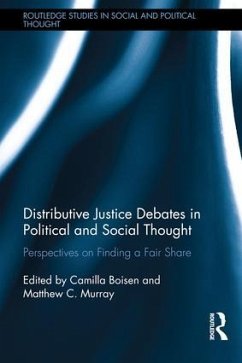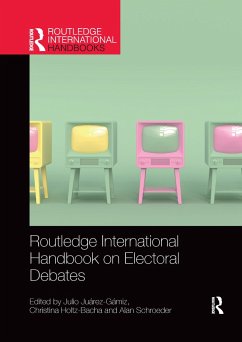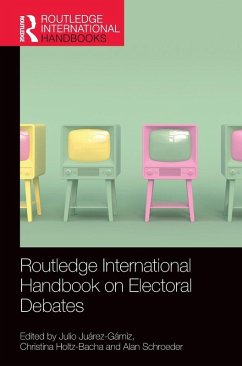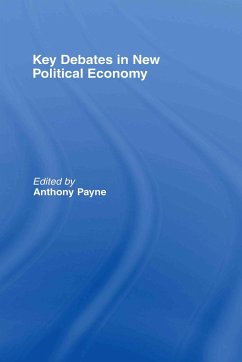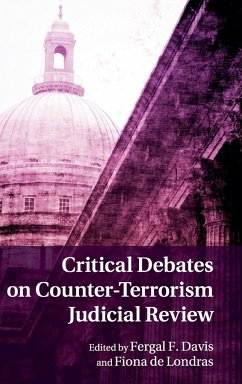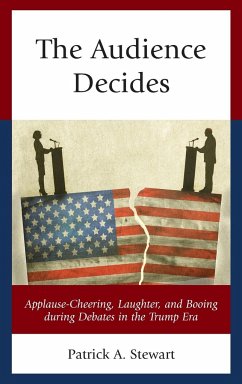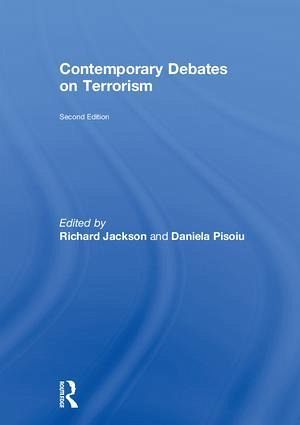
Contemporary Debates on Terrorism
Versandkostenfrei!
Versandfertig in 1-2 Wochen
222,99 €
inkl. MwSt.

PAYBACK Punkte
111 °P sammeln!
Contemporary Debates on Terrorism is an innovative textbook, addressing a number of key issues in terrorism studies from both traditional and 'critical' perspectives. This second edition has been fully revised and updated to cover such contemporary issues as the rise of ISL and cyber-terrorism.




